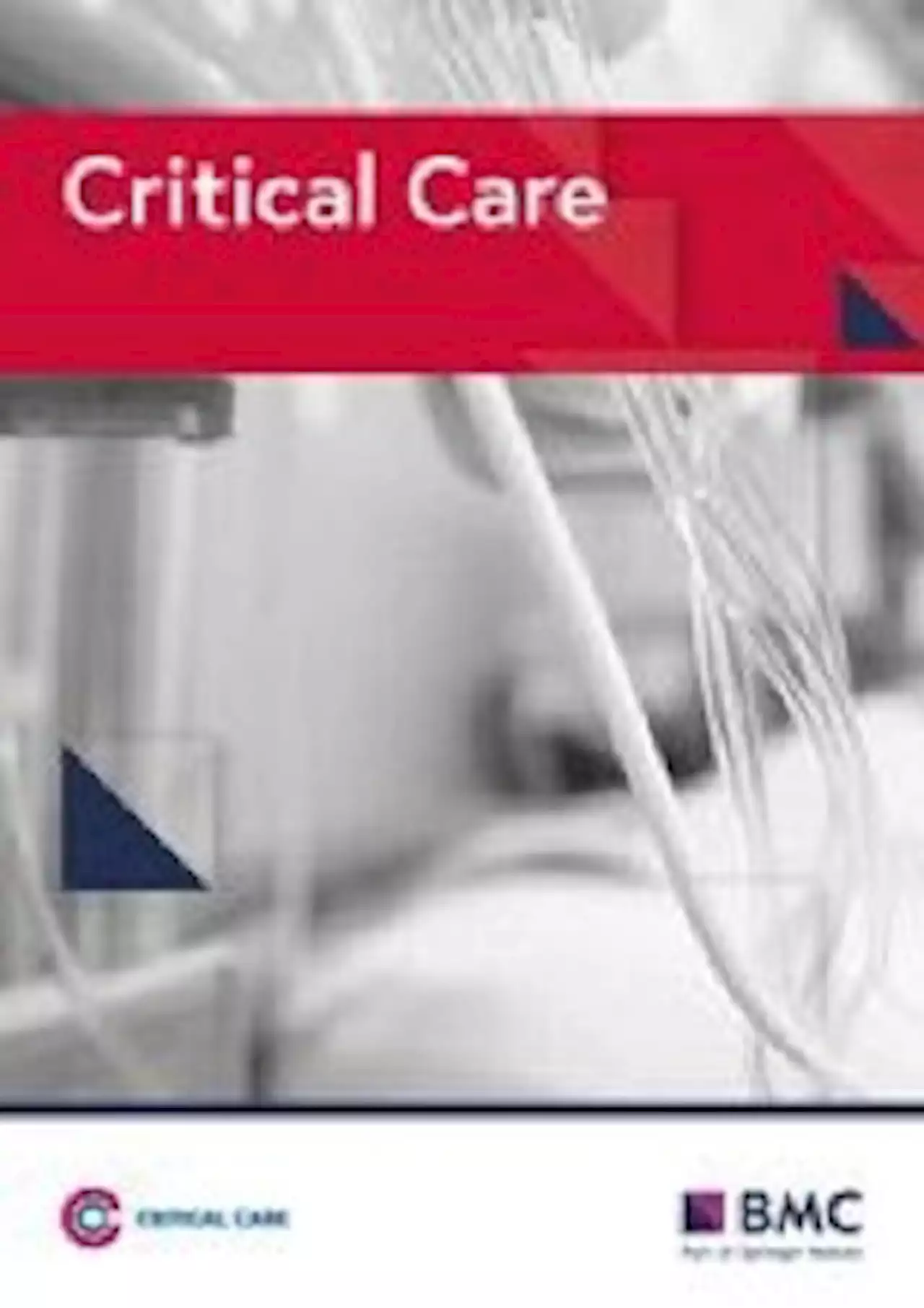🔴Patients with chronic illnesses have struggled to access antibiotics across ‘many areas’ of UK With staff at pharmacies working extra hours to ‘hunt for stock’ after a huge surge in demand
Some pharmacies are “still struggling to access supplies in many areas” as the December shortage was a “serious and critical problem that can’t be resolved overnight”, PSNC’s drug tariff and reimbursement manager, Suraj Shah, said.
“We hope that the serious shortage protocols and work by manufacturers and wholesalers will have a positive impact and they should be making it easier for some patients to access the medicines they need. But we are cautious: this was a serious and critical problem that can’t be resolved overnight,” he said.
“Pharmacies are still having to work very hard to get patients what they need, still struggling to access supplies in many areas, and they still need urgent confirmation this month, and for the future, that they will not have to cover the costs of these medicines themselves.” Meanwhile, the NPA said the disruption to antibiotic supplies in December has “not yet been entirely resolved”, with liquid antibiotics which are often prescribed to children still “particularly hard to come by”.
Pharmacies appear to be working hard to prevent the ongoing shortages from being felt by patients, with staff continuing to “hunt for stock” and “working extra hours to get people the medicines they need in a timely fashion”, according to NPA board member Amish Patel.
日本 最新ニュース, 日本 見出し
Similar News:他のニュース ソースから収集した、これに似たニュース記事を読むこともできます。
 Association between early nutrition support and 28-day mortality in critically ill patients: the FRANS prospective nutrition cohort study - Critical CareBackground Current guidelines suggest the introduction of early nutrition support within the first 48 h of admission to the intensive care unit (ICU) for patients who cannot eat. In that context, we aimed to describe nutrition practices in the ICU and study the association between the introduction of early nutrition support ( 3 days were consecutively included and followed for 10 days. Their mortality was assessed at D28. We investigated the association between early nutrition (| 48 h) and mortality at D28 using univariate and multivariate propensity-score-weighted logistic regression analyses. Results During the study period, 1206 patients were included. Early nutrition support was administered to 718 patients (59.5%), with 504 patients receiving enteral nutrition and 214 parenteral nutrition. Early nutrition was more frequently prescribed in the presence of multiple organ failure and less frequently in overweight and obese patients. Early nutrition was significantly associated with D28 mortality in the univariate analysis (crude odds ratio (OR) 1.69, 95% confidence interval (CI) 1.23–2.34) and propensity-weighted multivariate analysis (adjusted OR (aOR) 1.05, 95% CI 1.00–1.10). In subgroup analyses, this association was stronger in patients ≤ 65 years and with SOFA scores ≤ 8. Compared with no early nutrition, a significant association was found of D28 mortality with early enteral (aOR 1.06, 95% CI 1.01–1.11) but not early parenteral nutrition (aOR 1.04, 95% CI 0.98–1.11). Conclusions In this prospective cohort study, early nutrition support in the ICU was significantly associated with increased mortality at D28, particularly in younger patients with less severe disease. Compared to no early nutrition, only early enteral nutrition appeared to be associated with increased mortality. Such findings are in contrast with current guidelines on the provision of early nutrition support in the ICU and may challenge our current practices, particularly concerning patients at
Association between early nutrition support and 28-day mortality in critically ill patients: the FRANS prospective nutrition cohort study - Critical CareBackground Current guidelines suggest the introduction of early nutrition support within the first 48 h of admission to the intensive care unit (ICU) for patients who cannot eat. In that context, we aimed to describe nutrition practices in the ICU and study the association between the introduction of early nutrition support ( 3 days were consecutively included and followed for 10 days. Their mortality was assessed at D28. We investigated the association between early nutrition (| 48 h) and mortality at D28 using univariate and multivariate propensity-score-weighted logistic regression analyses. Results During the study period, 1206 patients were included. Early nutrition support was administered to 718 patients (59.5%), with 504 patients receiving enteral nutrition and 214 parenteral nutrition. Early nutrition was more frequently prescribed in the presence of multiple organ failure and less frequently in overweight and obese patients. Early nutrition was significantly associated with D28 mortality in the univariate analysis (crude odds ratio (OR) 1.69, 95% confidence interval (CI) 1.23–2.34) and propensity-weighted multivariate analysis (adjusted OR (aOR) 1.05, 95% CI 1.00–1.10). In subgroup analyses, this association was stronger in patients ≤ 65 years and with SOFA scores ≤ 8. Compared with no early nutrition, a significant association was found of D28 mortality with early enteral (aOR 1.06, 95% CI 1.01–1.11) but not early parenteral nutrition (aOR 1.04, 95% CI 0.98–1.11). Conclusions In this prospective cohort study, early nutrition support in the ICU was significantly associated with increased mortality at D28, particularly in younger patients with less severe disease. Compared to no early nutrition, only early enteral nutrition appeared to be associated with increased mortality. Such findings are in contrast with current guidelines on the provision of early nutrition support in the ICU and may challenge our current practices, particularly concerning patients at
続きを読む »
 The NHS is too often run for doctors, not patients, says Labour's Wes StreetingIn an interview with i, the shadow Health Secretary Wes Streeting and shadow Chancellor Rachel Reeves lay out Labour's plans to fix the NHS
The NHS is too often run for doctors, not patients, says Labour's Wes StreetingIn an interview with i, the shadow Health Secretary Wes Streeting and shadow Chancellor Rachel Reeves lay out Labour's plans to fix the NHS
続きを読む »
Long-term outcomes in patients with relapsed or refractory hairy cell leukemia treated with vemurafenib monotherapyKey Points. Relapses are frequent after vemurafenib monotherapy, but retreatment with vemurafenib can induce high response rates in HCL.Vemurafenib retreatment
続きを読む »
 The NHS is being run for doctors, not patients, says Labour's Wes StreetingThe NHS is often run in the interests of doctors rather than patients and must reform to survive for the future, Labour’s shadow health secretary wesstreeting has warned 🔴 Exclusive from HugoGye
The NHS is being run for doctors, not patients, says Labour's Wes StreetingThe NHS is often run in the interests of doctors rather than patients and must reform to survive for the future, Labour’s shadow health secretary wesstreeting has warned 🔴 Exclusive from HugoGye
続きを読む »
 Blackpool NHS struggling through tough winter as patients face 12 hour waitsMeanwhile at times, one in five beds was occupied by a patient who no longer required it but could not be discharged
Blackpool NHS struggling through tough winter as patients face 12 hour waitsMeanwhile at times, one in five beds was occupied by a patient who no longer required it but could not be discharged
続きを読む »
 Non-interventional follow-up versus fluid bolus in RESPONSE to oliguria in hemodynamically stable critically ill patients: a randomized controlled pilot trial - Critical CareBackground Fluid bolus therapy is a common intervention to improve urine output. Data concerning the effect of a fluid bolus on oliguria originate mainly from observational studies and remain controversial regarding the actual benefit of such therapy. We compared the effect of a follow-up approach without fluid bolus to a 500 mL fluid bolus on urine output in hemodynamically stable critically ill patients with oliguria at least for 2 h (urine output | 0.5 mL/kg/h) in randomized setting. Methods We randomized 130 patients in 1:1 fashion to receive either (1) non-interventional follow-up (FU) for 2 h or (2) 500 mL crystalloid fluid bolus (FB) administered over 30 min. The primary outcome was the proportion of patients who doubled their urine output, defined as 2-h urine output post-randomization divided by urine output 2 h pre-randomization. The outcomes were adjusted for the stratification variables (presence of sepsis or AKI) using two-tailed regression. Obtained odds ratios were converted to risk ratios (RR) with 95% confidence intervals (CI). The between-group difference in the continuous variables was compared using mean or median regression and expressed with 95% CIs. Results Altogether 10 (15.9%) of 63 patients in the FU group and 22 (32.8%) of 67 patients in FB group doubled their urine output during the 2-h period, RR (95% CI) 0.49 (0.23–0.71), P = 0.026. Median [IQR] change in individual urine output 2 h post-randomization compared to 2 h pre-randomization was − 7 [− 19 to 17] mL in the FU group and 19[0–53] mL in the FB group, median difference (95% CI) − 23 (− 36 to − 10) mL, P = 0.001. Median [IQR] duration of oliguria in the FU group was 4 [2–8] h and in the FB group 2 [0–6] h, median difference (95%CI) 2 (0–4) h, P = 0.038. Median [IQR] cumulative fluid balance on study day was lower in the FU group compared to FB group, 678 [518–1029] mL versus 1071 [822–1505] mL, respectively, median difference (95%CI) − 387 (− 635 to − 213) mL, P | 0.001. Conclusions
Non-interventional follow-up versus fluid bolus in RESPONSE to oliguria in hemodynamically stable critically ill patients: a randomized controlled pilot trial - Critical CareBackground Fluid bolus therapy is a common intervention to improve urine output. Data concerning the effect of a fluid bolus on oliguria originate mainly from observational studies and remain controversial regarding the actual benefit of such therapy. We compared the effect of a follow-up approach without fluid bolus to a 500 mL fluid bolus on urine output in hemodynamically stable critically ill patients with oliguria at least for 2 h (urine output | 0.5 mL/kg/h) in randomized setting. Methods We randomized 130 patients in 1:1 fashion to receive either (1) non-interventional follow-up (FU) for 2 h or (2) 500 mL crystalloid fluid bolus (FB) administered over 30 min. The primary outcome was the proportion of patients who doubled their urine output, defined as 2-h urine output post-randomization divided by urine output 2 h pre-randomization. The outcomes were adjusted for the stratification variables (presence of sepsis or AKI) using two-tailed regression. Obtained odds ratios were converted to risk ratios (RR) with 95% confidence intervals (CI). The between-group difference in the continuous variables was compared using mean or median regression and expressed with 95% CIs. Results Altogether 10 (15.9%) of 63 patients in the FU group and 22 (32.8%) of 67 patients in FB group doubled their urine output during the 2-h period, RR (95% CI) 0.49 (0.23–0.71), P = 0.026. Median [IQR] change in individual urine output 2 h post-randomization compared to 2 h pre-randomization was − 7 [− 19 to 17] mL in the FU group and 19[0–53] mL in the FB group, median difference (95% CI) − 23 (− 36 to − 10) mL, P = 0.001. Median [IQR] duration of oliguria in the FU group was 4 [2–8] h and in the FB group 2 [0–6] h, median difference (95%CI) 2 (0–4) h, P = 0.038. Median [IQR] cumulative fluid balance on study day was lower in the FU group compared to FB group, 678 [518–1029] mL versus 1071 [822–1505] mL, respectively, median difference (95%CI) − 387 (− 635 to − 213) mL, P | 0.001. Conclusions
続きを読む »
